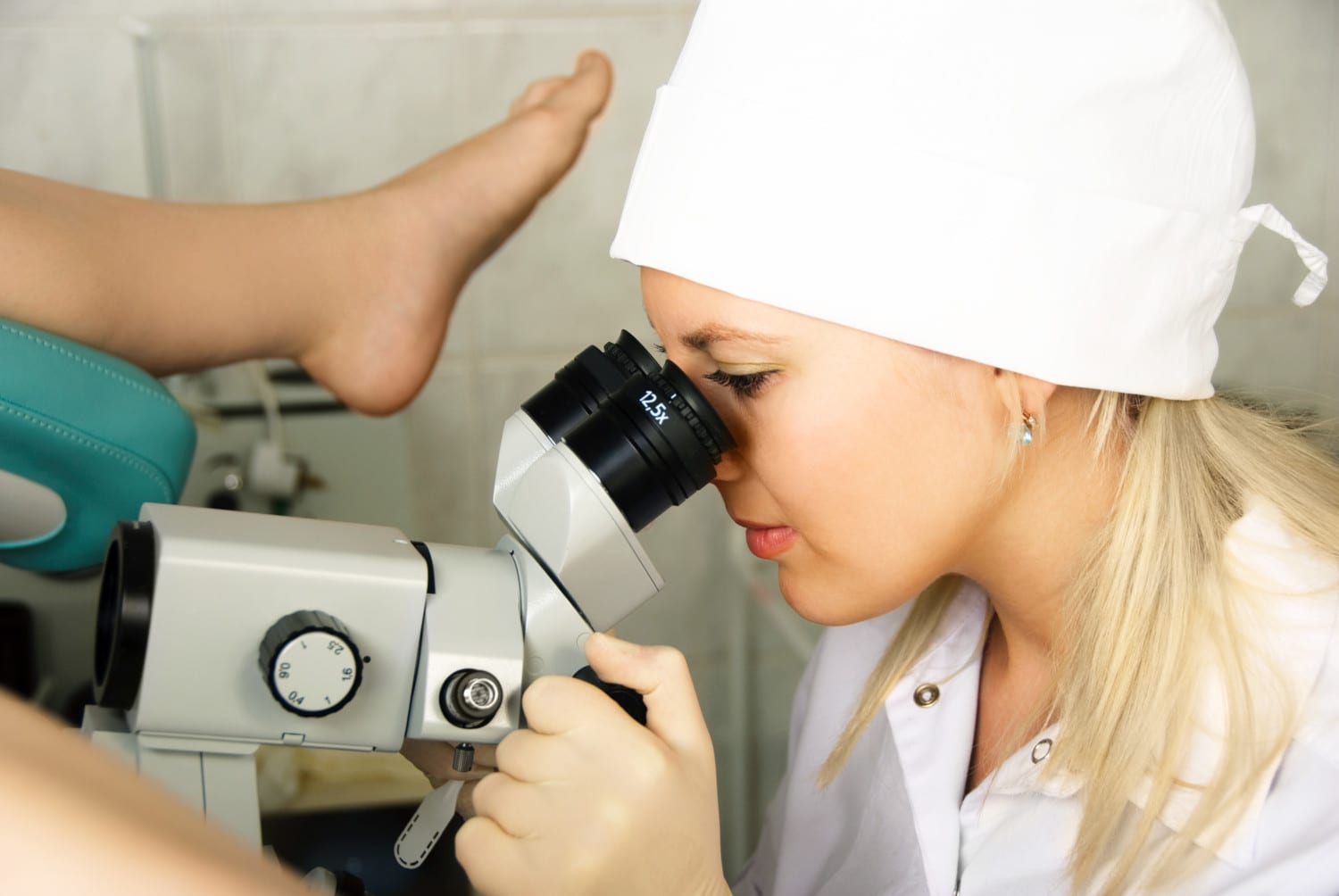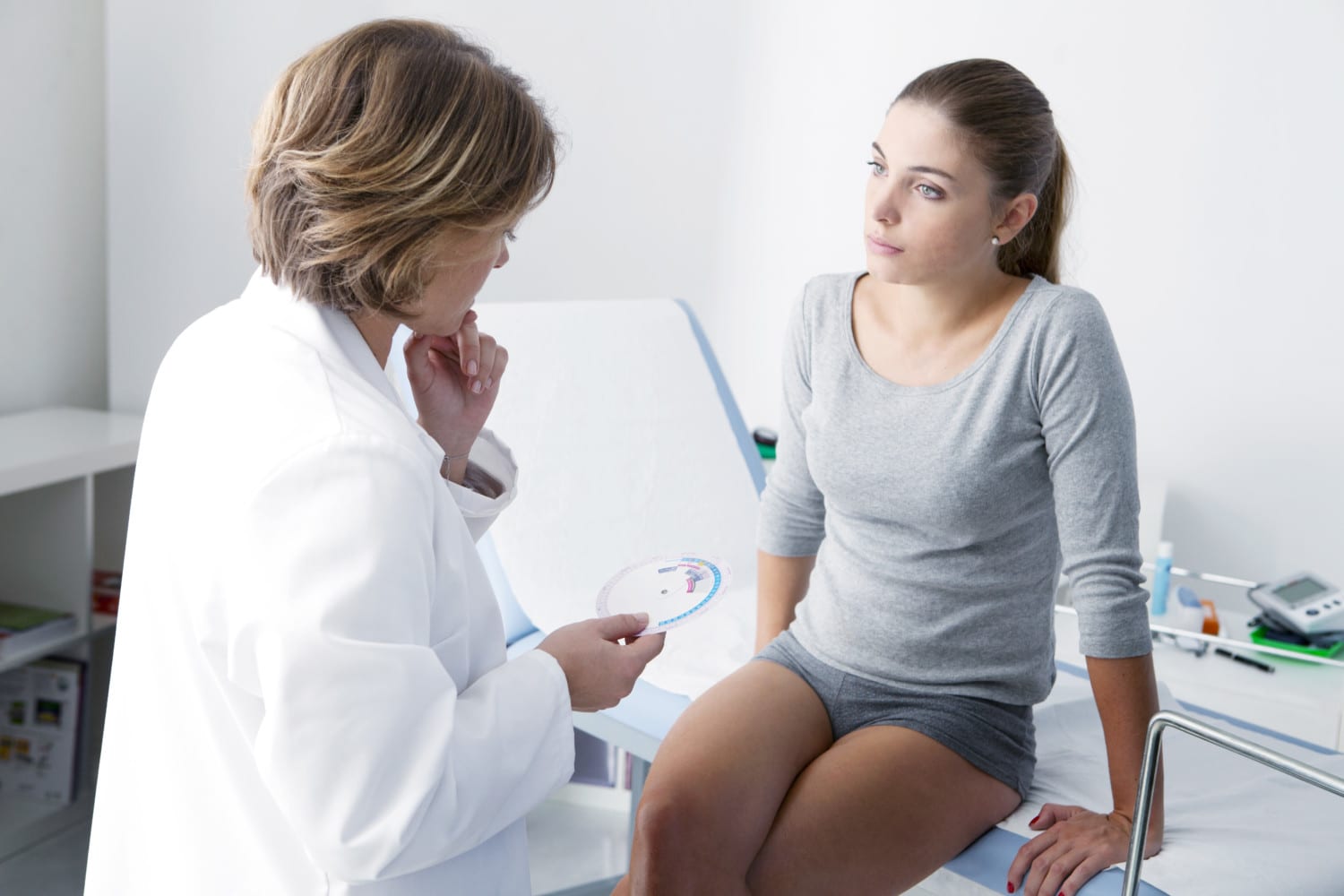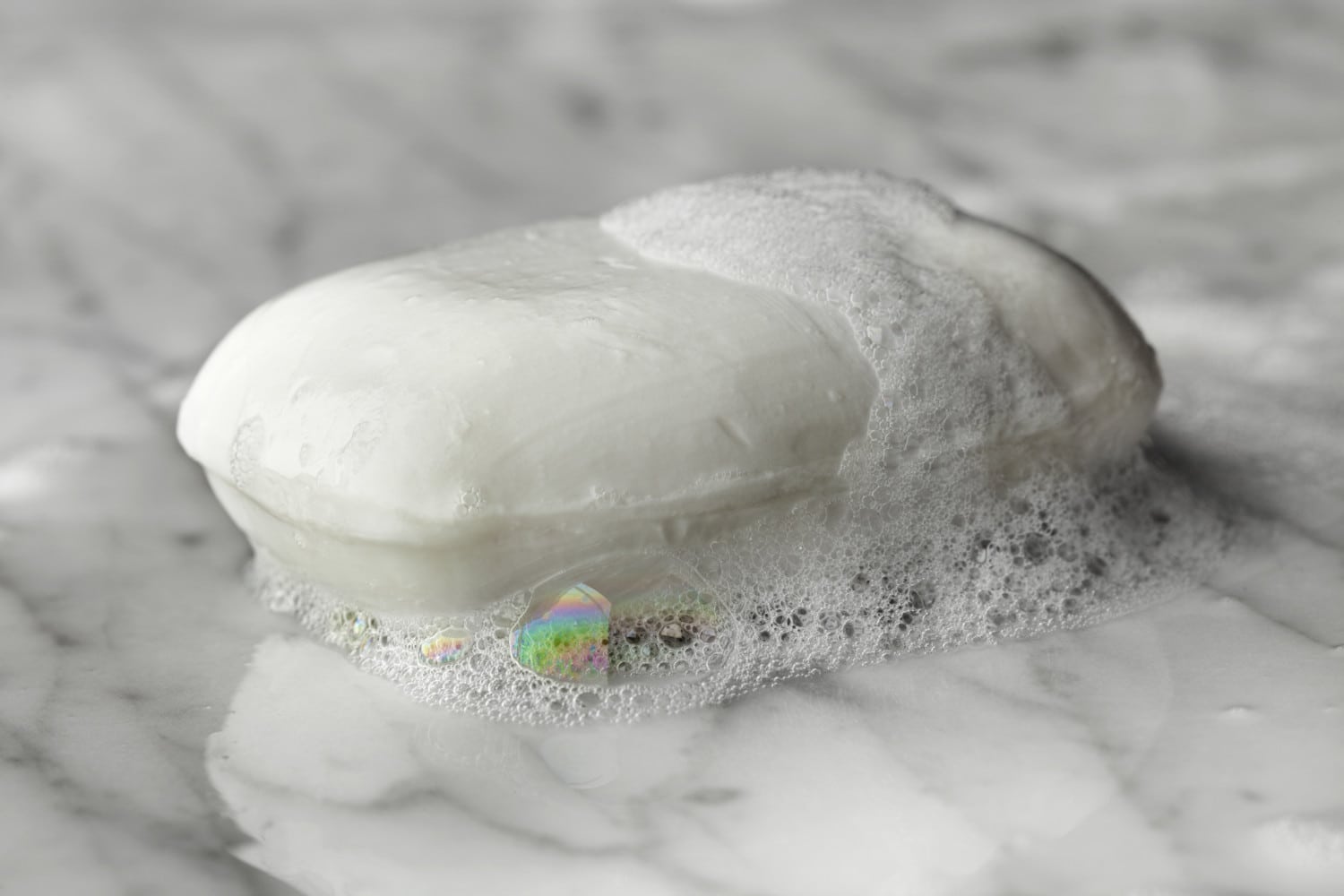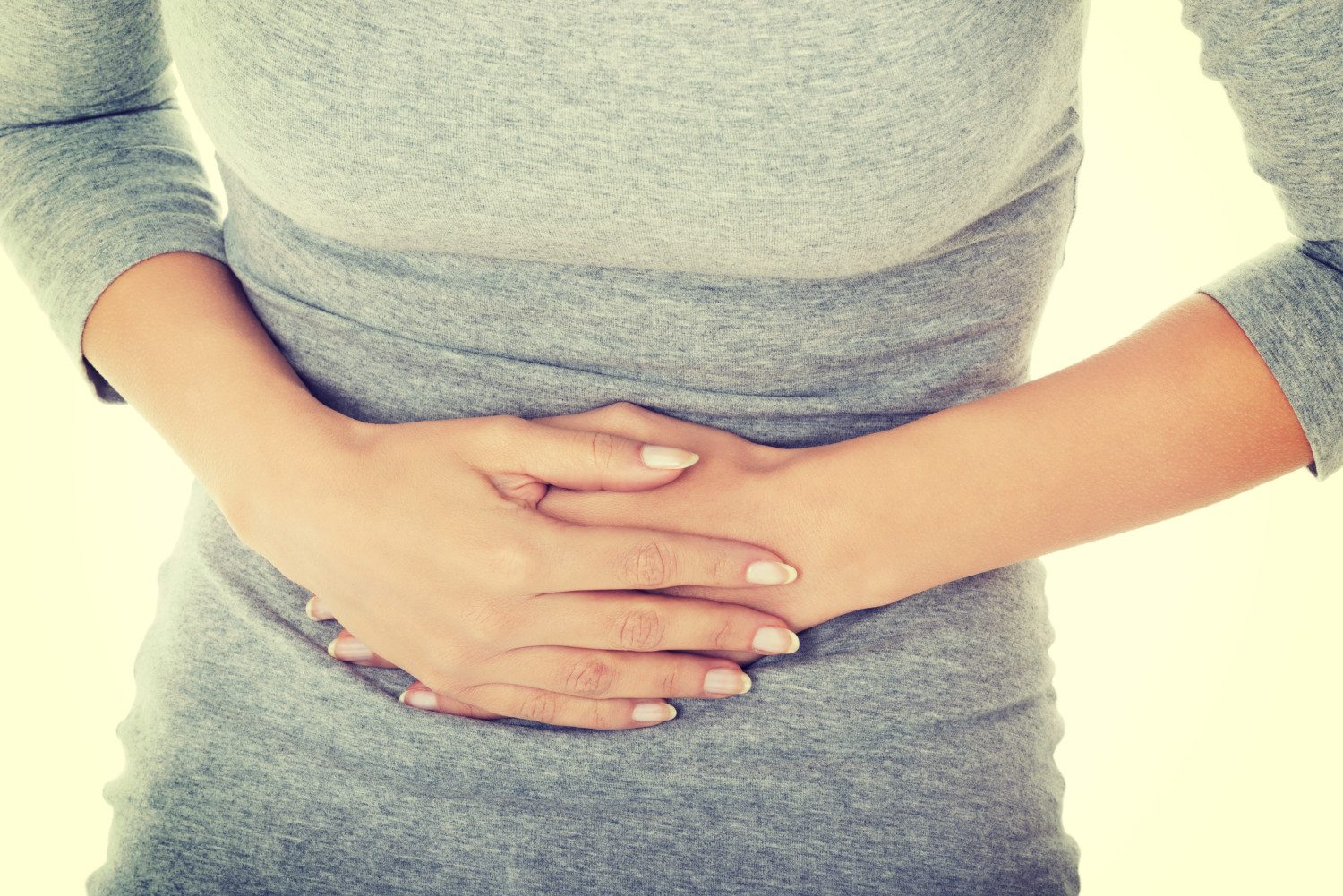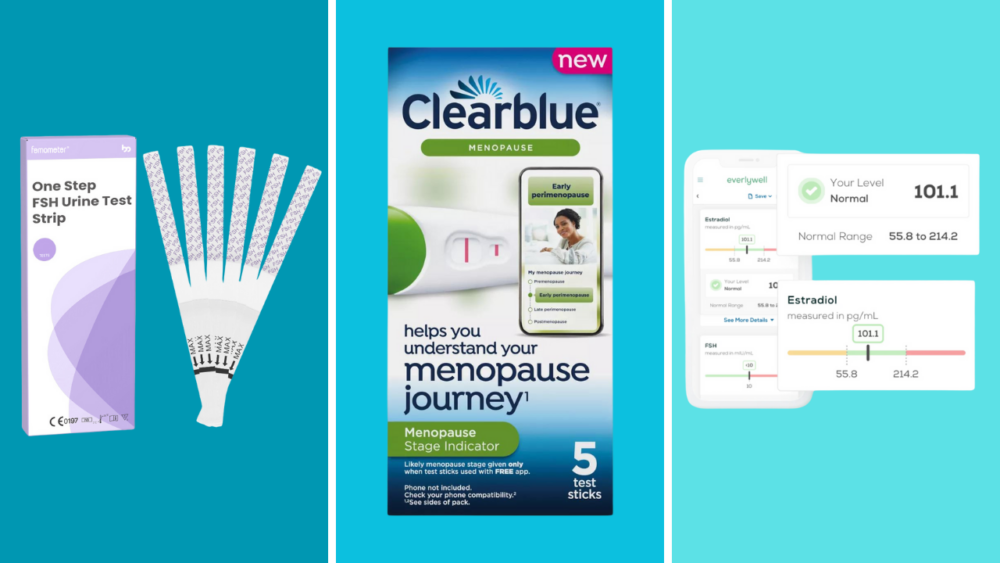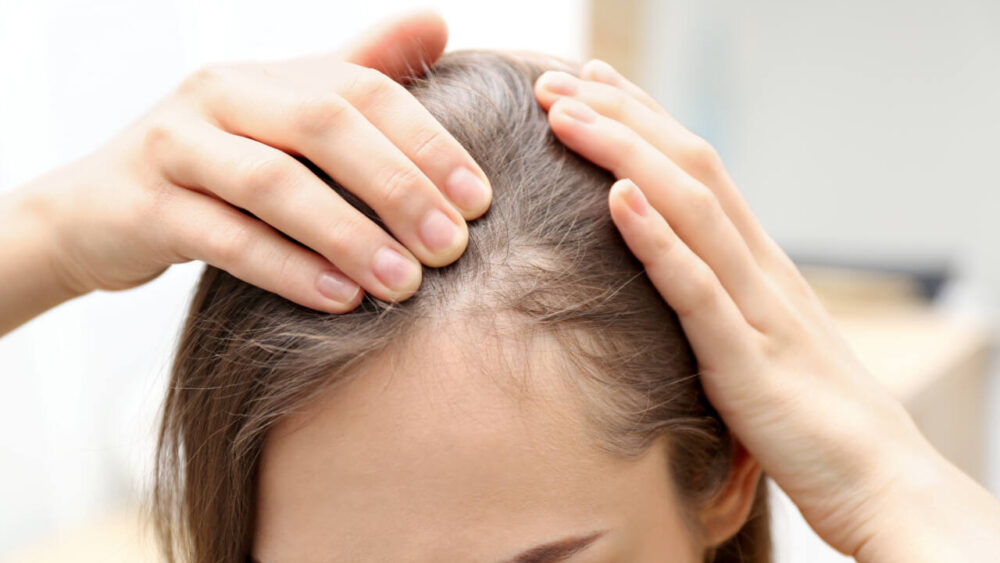7 things your gynecologist wants you to stop doing

We’ll just say it — gynecology appointments can be uncomfortable. And we’re not just talking about putting your feet in the stirrups. Openly asking your ob-gyn questions about your sexual health, menstrual cycle and vagina might bring up some anxious feelings even when you know it’s best to be candid.
To help open up the lines of communication, we asked gynecologists to get real with us about everything from pap smear etiquette to shaving your bikini line to health issues they wish you were paying closer attention to.
Here are seven things your gynecologist wishes you’d stop doing.
1. Worrying About Hairy Legs
There’s no need to apologize to your gynecologist about your body hair during your pap smears.
“Stop worrying about shaving your legs,” insists Dr. Sheila Chhutani, a board-certified ob-gyn in Dallas, Texas. “We really don’t look.”
But one small request — do pay attention to your feet! Chhutani says gynecologists see and smell those during exams.
2. Putting Yourself Last On The Priority List
It’s important for women to carve out time for their mental and physical health, says Chhutani. When you do so, you’re better able to take care of those around you.
This means scheduling a routine Pap smear, among other things. Your ob-gyn can let you know how often you should get tested, as the recommended frequency hinges on your age and health history.
The U.S. Preventive Services Task Force recommends getting a Pap test every three years if you’re between 21 and 29 years of age. If you’re 30–65 years old, you should get a Pap test every three years, an HPV test every five years or a Pap test and HPV test together (called co-testing) every five years. Those 65 and older should consult with their doctors to see if they still need Pap tests.
3. Scheduling Your Pap Smear On Your Period
Before you cancel your Pap smear appointment because your period just arrived, consult with your ob-gyn. Your gynecologist may still recommend that you come in for your appointment, especially if your menstrual flow is light. But, in general, it’s best to wait until after your cycle to have your Pap smear, particularly if the flow is heavy, says Dr. Kecia Gaither, M.D., MPH, FACOG, double board-certified in OB-GYN and Maternal Fetal Medicine and Director of Perinatal Services at NYC Health + Hospitals/Lincoln.
“The blood and uterine tissue that is being expelled may obscure the visibility of the cells collected during a Pap smear, increasing the risk of inaccurate results,” says Gaither.
4. Using A Dull Razor To Shave Your Pubic Hair
Shaving the bikini area is a personal choice, Gaither says. Though she points out that shaving does increase the risk of developing folliculitis (infected hair follicles) and ingrown hairs in the area.
“In an attempt to avoid this,” she says, “it’s best to thoroughly cleanse the area first, and then use a moisturizing gel and a fresh razor.”
5. Using Coconut Oil As Lubricant
In recent years, coconut oil has become a household multitasker. It’s now used in everything from baking to moisturizing the skin — and has even made its way into natural toothpastes. But be careful before you use it as a lubricant during sex, warns Dr. Peter Rizk, ob-gyn and health expert for Fairhaven Health, which makes feminine care products.
Coconut oil can erode the latex in condoms. But more than that, he says, it can also pose various vaginal health problems, as coconut oil can disrupt the production of mucus and exfoliation in the vaginal mucosal barrier. Although oils can temporarily relieve vaginal dryness and discomfort, they have to then be cleaned out by the vagina, which can disrupt vaginal self-cleaning, he explains.
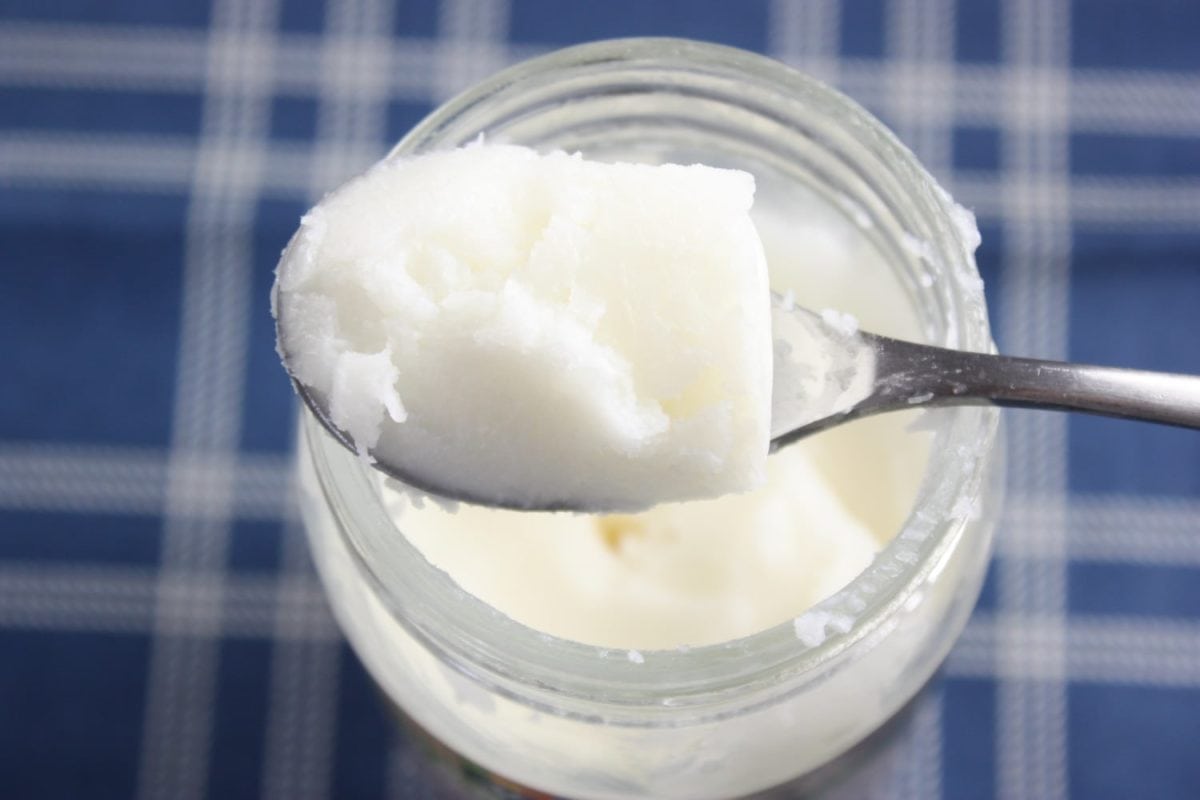
6. Douching
About one in five women in the United States between the ages of 15 an 44 douche, but the Office on Women’s Health and the Centers for Disease Control and Prevention warn against it.
Douching is when you wash the inside of the vagina, and most douches are sold in prepackaged mixes of water and vinegar, baking soda or iodine. But douching can cause all types of problems, disrupting the balance of bacteria and natural acidity in a healthy vagina. This can cause an overgrowth of harmful bacteria, which can lead to yeast infections or bacterial vaginosis.
Health experts recommend letting your vagina cleanse itself naturally with mucous and washing the outside with warm water when you bathe. Even mild soaps can cause dryness and irritation. If you’re concerned about vaginal odor, talk with your ob-gyn.
7. Writing Off Period Pain
Women oftentimes downplay pelvic pain, bloating and heavy menstrual flow as typical period problems, says Dr. Romi Chopra, an interventional radiologist with the Midwest Institute for Minimally Invasive Therapies. But these symptoms could be signaling something more serious, such as uterine fibroids, and a minimally invasive procedure could help reduce pelvic pain and heavy bleeding.
Also, don’t downplay your heavy periods. Passing clots larger than a quarter or having to change your tampon or pad every couple of hours because of heavy bleeding is something you should tell your gynecologist about, as it could be caused by a uterine-related problem.
A final tip — if you’ve got some less urgent questions you’ve been meaning to ask your gynecologist, write them down in a notebook or make a note in your phone. Sometimes, it’s easy to forget questions you have during a quick appointment, but this will help keep them front of mind.


